Pagan Lopez Law
Tort Law
What is it?
Tort Law provides a foundational framework within civil law, dealing with civil wrongs and the legal recourse accessible to individuals who have endured harm or incurred losses due to others’ actions. Unlike criminal law, where the emphasis is on punitive measures, Tort Law primarily aims at compensating the aggrieved party. It encompasses various scenarios such as personal injury, property damage, defamation, negligence, and intentional harm.
Categories
Tort law is divided into three primary categories: intentional torts, negligence, and strict liability. Intentional torts involve deliberate actions causing harm. Negligence refers to the failure to exercise reasonable care, leading to harm. Strict liability holds individuals or entities responsible for harm caused by inherently dangerous activities or products, regardless of intent or negligence.
Process in Tort Cases
In tort cases, there are two parties. The injured party is referred to as the plaintiff. The plaintiff seeks to establish the liability of the responsible party, known as the defendant, for the harm suffered. To establish liability, the plaintiff must demonstrate that the defendant owed them a duty of care, breached that duty, and that the breach directly caused their injuries or losses.
Role of Tort Law
Tort law serves as a vital mechanism for promoting accountability and safeguarding the rights of individuals in society. It seeks to deter harmful behavior, compensate victims for their losses, and encourage responsible conduct.


What is it?
Tort Law provides a foundational framework within civil law, dealing with civil wrongs and the legal recourse accessible to individuals who have endured harm or incurred losses due to others’ actions. Unlike criminal law, where the emphasis is on punitive measures, Tort Law primarily aims at compensating the aggrieved party. It encompasses various scenarios such as personal injury, property damage, defamation, negligence, and intentional harm.
Categories
Tort law is divided into three primary categories: intentional torts, negligence, and strict liability. Intentional torts involve deliberate actions causing harm. Negligence refers to the failure to exercise reasonable care, leading to harm. Strict liability holds individuals or entities responsible for harm caused by inherently dangerous activities or products, regardless of intent or negligence.
Process in Tort Cases
In tort cases, there are two parties. The injured party is referred to as the plaintiff. The plaintiff seeks to establish the liability of the responsible party, known as the defendant, for the harm suffered. To establish liability, the plaintiff must demonstrate that the defendant owed them a duty of care, breached that duty, and that the breach directly caused their injuries or losses.
Role of Tort Law
Tort law serves as a vital mechanism for promoting accountability and safeguarding the rights of individuals in society. It seeks to deter harmful behavior, compensate victims for their losses, and encourage responsible conduct.











